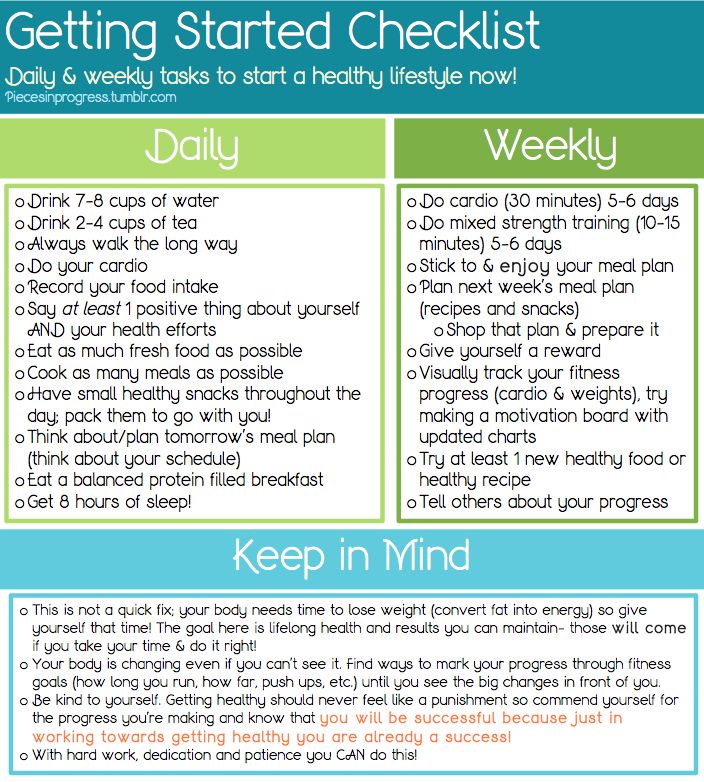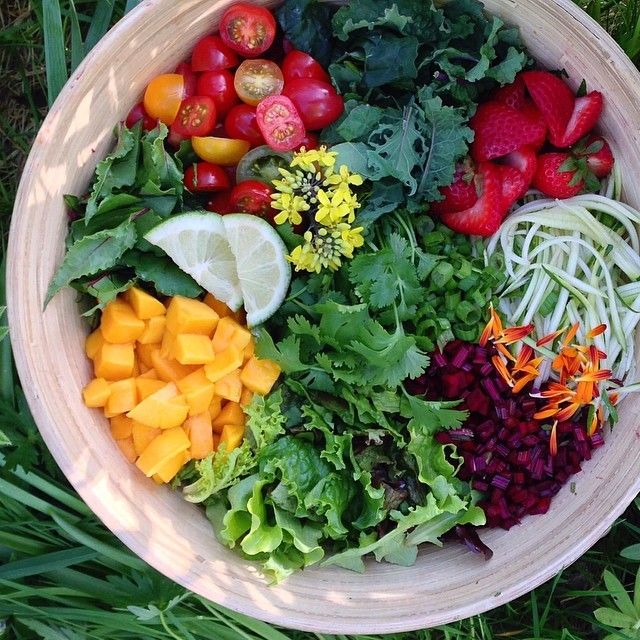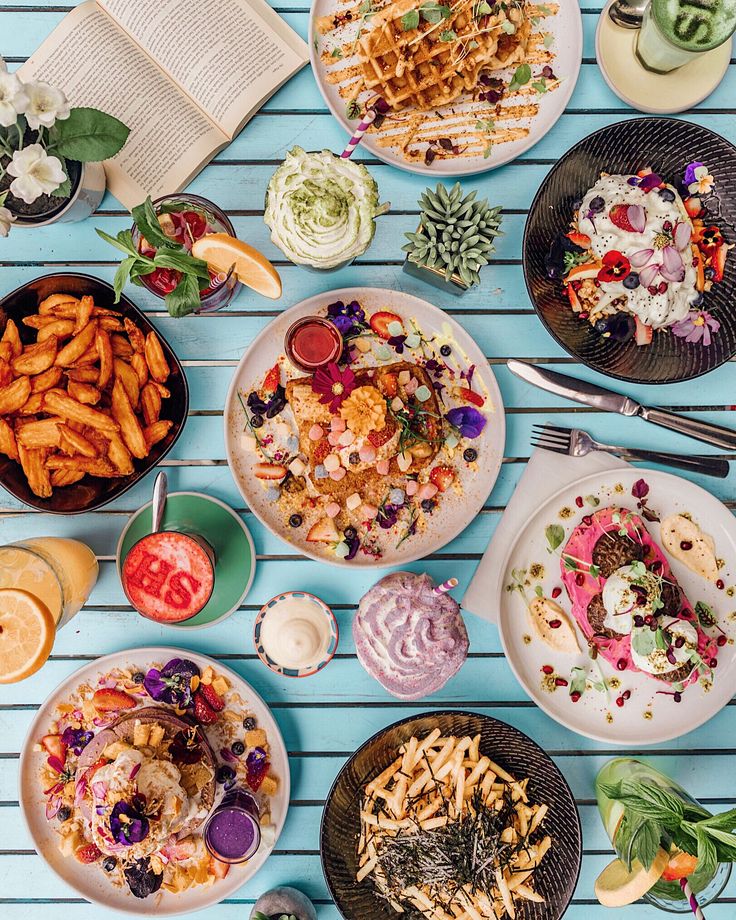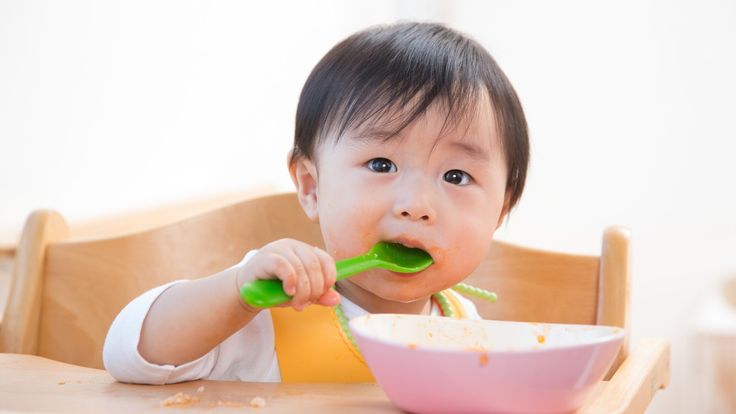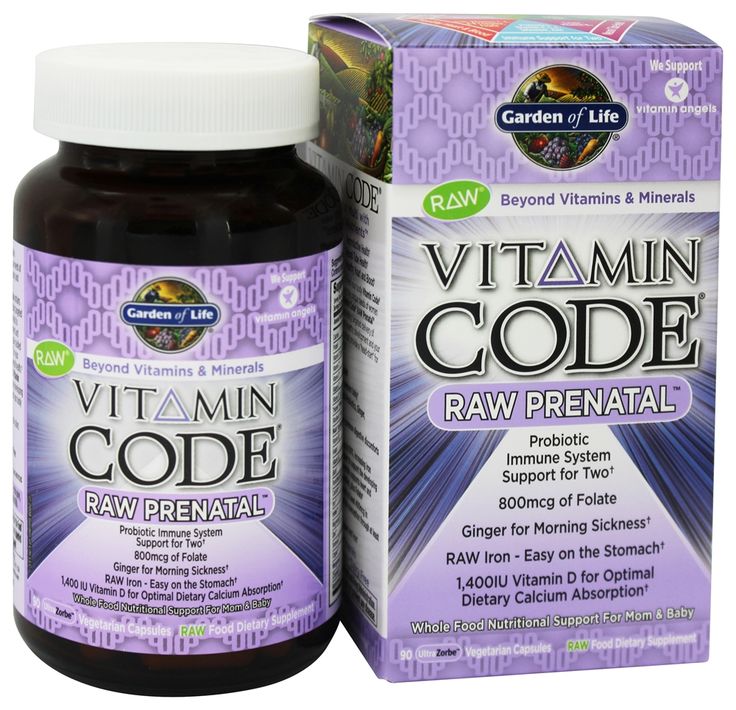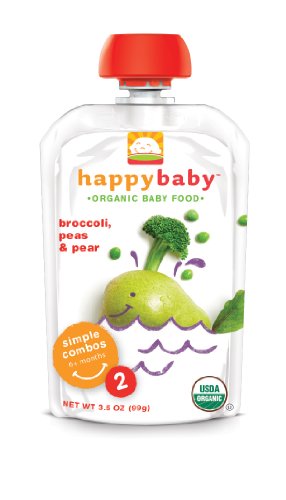How long can you keep baby food
Keeping your baby’s food safe
Eileen Haraminac, Michigan State University Extension -
Infants less than a year don’t have fully developed immune systems, because of this bacteria that may not cause illness in an adult or older child, can cause serious illness in infants and consequently they are often susceptible to food-borne illnesses.
Infants are often susceptible to food-borne illnesses. Infants less than one year of age do not have fully developed immune systems and because of this bacteria that may not cause illness in an adult or older child, can cause serious illness in infants. Parents and caregivers can reduce this risk with safe food handling practices. It is always important to safeguard food for infants and youth Michigan State University Extension and Foodsafety. gov offer these guidelines.
The most important practice you can do to keep food safe is to wash your hands. Your hands can pick up harmful pathogens and bacteria from tasks like diaper changing, feeding the dog, going to the bathroom or preparing raw meat or eggs. Always wash your hands after completing any of these tasks and especially when preparing infant foods.
For infants under six months old, the safe storage times for formula and expressed breast milk are between three to eight days in a refrigerator at 35 degrees Fahrenheit to 40 degrees F. Breast milk can be frozen for up to six to 12 months at 0 degrees F. However, do not freeze formula. If you plan to give an infant water, it should be boiled water during the first three months of the infant’s life. Milk and formula for six to 12 month old babies may be stored for 48 hours in the refrigerator. The same three to eight day time limit applies for milk, and the “do not freeze” rule applies to formula.
- For unopened cans of formula observe and follow the “use by” dates.
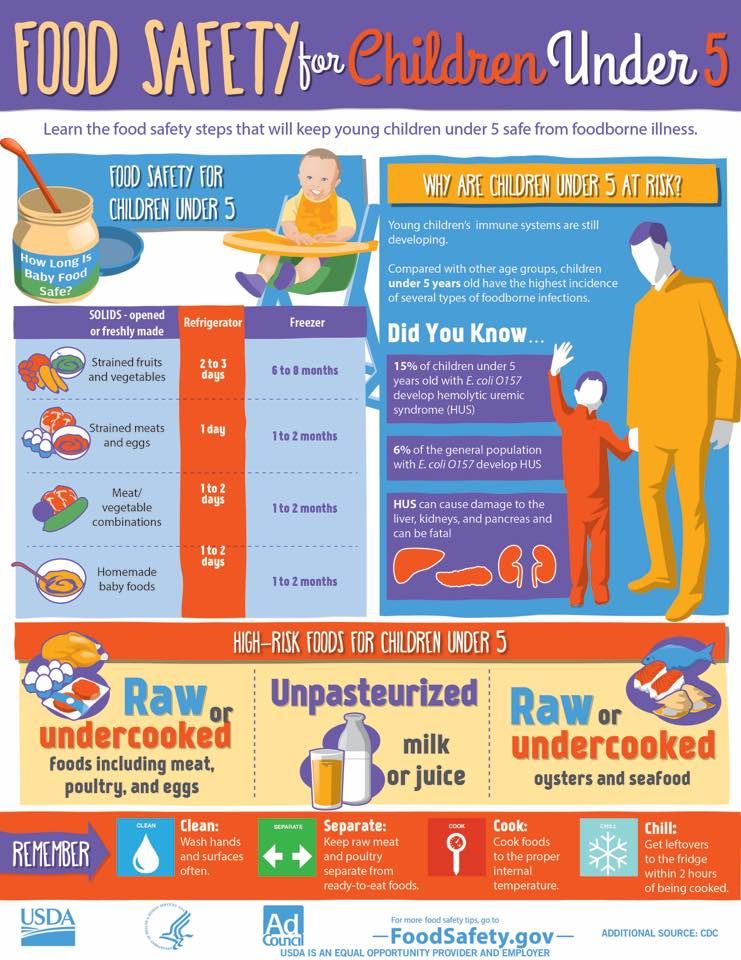 For baby food, check “use by” dates when storing unopened jars. Check to see that the safety button on the lid is down before opening. If the lid does not “pop” when the jar is opened or if the jar is not sealed, do not use the food.
For baby food, check “use by” dates when storing unopened jars. Check to see that the safety button on the lid is down before opening. If the lid does not “pop” when the jar is opened or if the jar is not sealed, do not use the food. - For plastic pouches: Discard any packages that are swelling or leaking.
- Don’t feed your baby directly from the jar of baby food. Instead, put a small serving of food on a clean dish and refrigerate the remaining food in the jar. If the baby needs more food, use a clean spoon to serve another portion. Throw away any food in the dish that’s not eaten. If you do feed a baby from a jar, always discard any remaining food. The baby’s salvia mixed with the unused food in the jar can start producing bacteria.
- When traveling, keep milk and formula cold (less than 41 degrees F) by transporting bottles in an insulated cooler with an ice pack
- For microwave heating, transfer food from unopened jars to bowls or dishes.
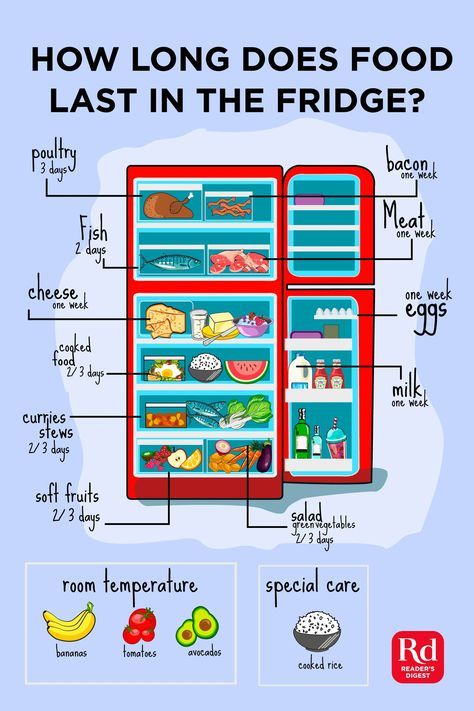 For adequate heating, heat four ounces of food on high for 15 seconds, stir, and let stand for 30 seconds. Stir again and check the temperature (more than 140 degrees F) before feeding food to the infant.
For adequate heating, heat four ounces of food on high for 15 seconds, stir, and let stand for 30 seconds. Stir again and check the temperature (more than 140 degrees F) before feeding food to the infant.
- Never allow opened jars of food to sit at room temperature for more than two hours.
- Solid baby foods that have been opened may be stored in the refrigerator for a maximum of three days. Strained fruits and vegetables can be refrigerated for two to three days and stored in the freezer for six to eight months. Strained meats and eggs may be stored one day in the refrigerator and one to two months in the freezer. Meat and vegetable combinations are good for one to two days in the refrigerator and one to two months in the freezer.
- Homemade baby foods will keep for one to two days in the refrigerator and three to four months in the freezer.
- Please remember that once commercial formulas or foods are opened you need to use them immediately and refrigerate the unused portion quickly after you are done.
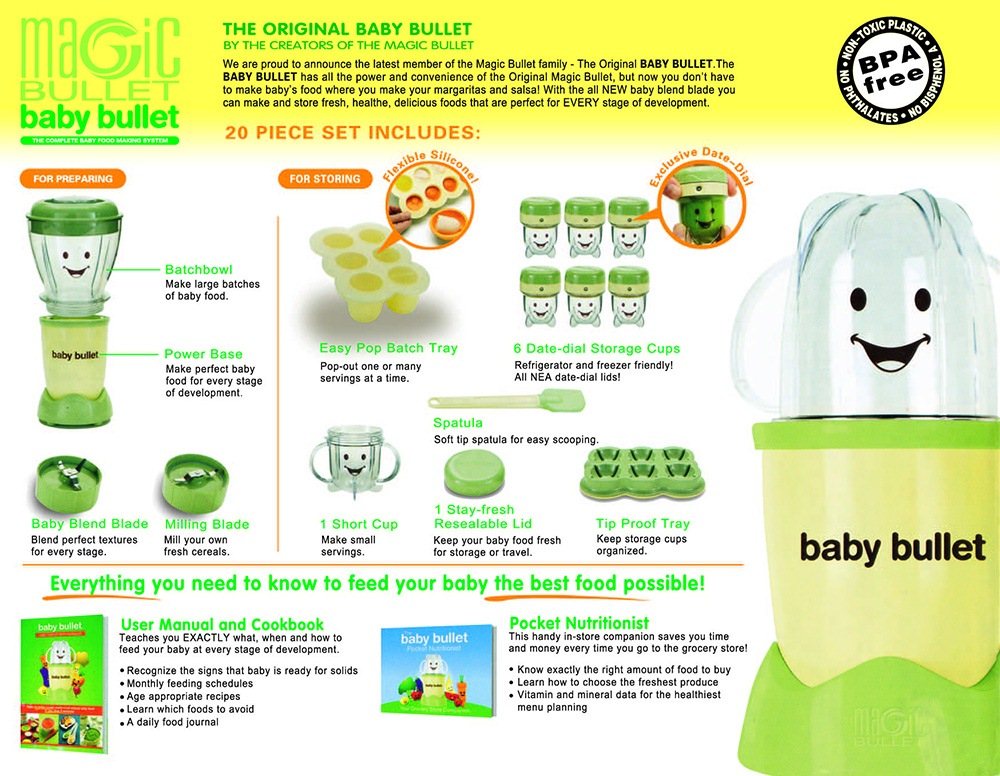 When you use the refrigerated leftovers, heat them quickly to 165 degrees F to prevent growth of bacteria.
When you use the refrigerated leftovers, heat them quickly to 165 degrees F to prevent growth of bacteria.
Following these food safety practices will safeguard your baby’s food, keeping them safe from potential pathogens that cause food borne illness.
This article was published by Michigan State University Extension. For more information, visit https://extension.msu.edu. To have a digest of information delivered straight to your email inbox, visit https://extension.msu.edu/newsletters. To contact an expert in your area, visit https://extension.msu.edu/experts, or call 888-MSUE4MI (888-678-3464).
Did you find this article useful?
How Long Does Homemade Baby Food Last?
As your little one grows and develops, they will continue to reach new milestones along the way. One of the most memorable (and messy!) experiences you will have with your new baby is their introduction to baby food! Many parents prefer to make their child’s baby food at home, as opposed to purchasing pureed foods in-store.
Although the possibility may seem daunting, it can actually be quick and easy! Making homemade baby food also has tremendous benefits for your little one (and you)! Not only will your baby benefit from more variety and textures, fresh tasting food, and more nutrition, but you’ll be able to have more control over what your baby is eating and can easily keep track of the ratio of fruits and veggies their having.
Shopping trips are reduced, and buying fresh fruits and veggies in bulk to make your own baby food can produce more ounces of fresh purees than store-bought baby food jars can offer. However, without a printed expiration date on a jar, it is important to pay attention to how long homemade baby food lasts! Here are some guidelines for keeping your little one’s purees safe and fresh:
Refrigerated - 48 HoursIf you are storing your homemade baby food in the refrigerator, freshly made baby food will last in the fridge up to 48 hours. However, if you store purees in individual containers for quick, single-use servings, this storage method can be a convenient option (as it will eliminate the need for defrosting or any other extra steps).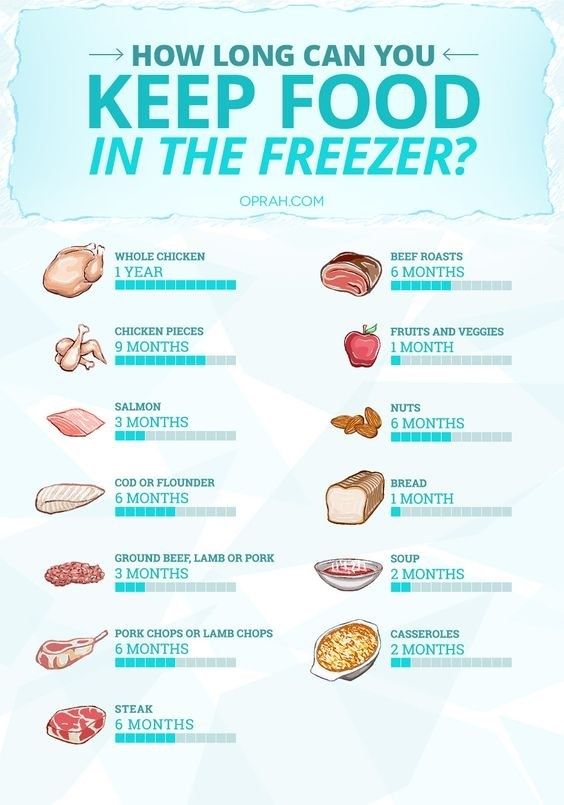
Be sure to write the date on the containers, to ensure that they are being thrown out after the 48-hour window closes! If you do not plan to freeze your homemade baby food, we would suggest that you make the puree on a day to day, or every other day, basis. Also, never feed your baby directly from the original storage container and then re-store. Saliva and other bacteria can contaminate the food if you do so.
Frozen - 3 -6 MonthsFor optimal quality and nutrient retention, it is suggested to keep homemade baby food in the freezer for a maximum of 3 months. However, it is still safe for your baby to eat for up to 6 months. The ideal way to freeze homemade baby food is by using the Infantino Squeeze Station™.
The Squeeze Station makes the task of making homemade baby food even easier by offering an easy container for immediate use, or storage for later in the fridge or freezer. Convenience is key when you’re a mom on-the-go and the Squeeze Station is the perfect tool to help with all of your baby food needs.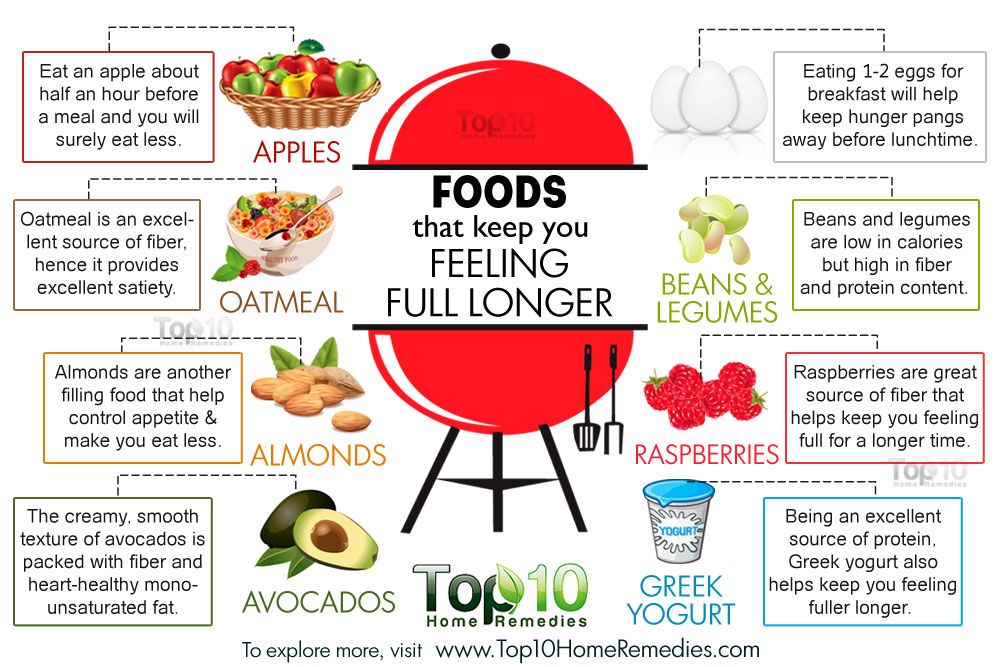
Another way to store frozen baby food is to put your homemade baby food in ice cube trays covered in plastic wrap, and then pop them out into freezer Ziploc bags once frozen. Be sure to label with the type of food and the date it was made. This method can help to keep track of portioning because every ice cube sized frozen baby food puree is approximately one ounce, which helps you measure how much food your baby is actually eating! You can also defrost one cube at a time, which creates less waste than traditional baby-feeding methods.
Whether you choose to refrigerate or freeze your homemade purees, you may find it convenient to make your own baby food pouches and our Squeeze Station can help with just that. Homemade baby food pouches can be stored in the fridge or the freezer, and they follow the shelf life and freshness guidelines as homemade baby food that is stored in other containers. If baby food pouches seem like the best option for your family, whether at home or on-the-go, Infantino has some great products that can help!
Squeeze Station™You can make and store your own convenient food pouches with the Infantino Squeeze Station.![]() It's quick and easy! Just pour in the purée and press down to fill. The non-skid base stays secure on your counter, and the soft press ensures a stable grip. Plus, the station is dishwasher safe, so clean up is simple! The Squeeze Station is perfect for homemade baby food and smoothies, as well as store-bought applesauce, yogurt, and purées. Your little one can enjoy the pouches right away, or you can store them in the refrigerator or freezer for later. These are perfect for making on-the-go feeding a breeze! The Squeeze Station also includes 10 Squeeze Pouches™.
It's quick and easy! Just pour in the purée and press down to fill. The non-skid base stays secure on your counter, and the soft press ensures a stable grip. Plus, the station is dishwasher safe, so clean up is simple! The Squeeze Station is perfect for homemade baby food and smoothies, as well as store-bought applesauce, yogurt, and purées. Your little one can enjoy the pouches right away, or you can store them in the refrigerator or freezer for later. These are perfect for making on-the-go feeding a breeze! The Squeeze Station also includes 10 Squeeze Pouches™.
You can also purchase more squeeze pouches in packs of 50! Use the Fresh Squeezed® refill pack of pouches with the Squeeze Station™ to create homemade food pouches. The pack includes 50 food-safe, disposable pouches, and 50 kid-safe caps. Each pouch holds up to 4 ounces of food and features a clear window to see the food inside. The rear window also has a space to write dates, name, and the food type.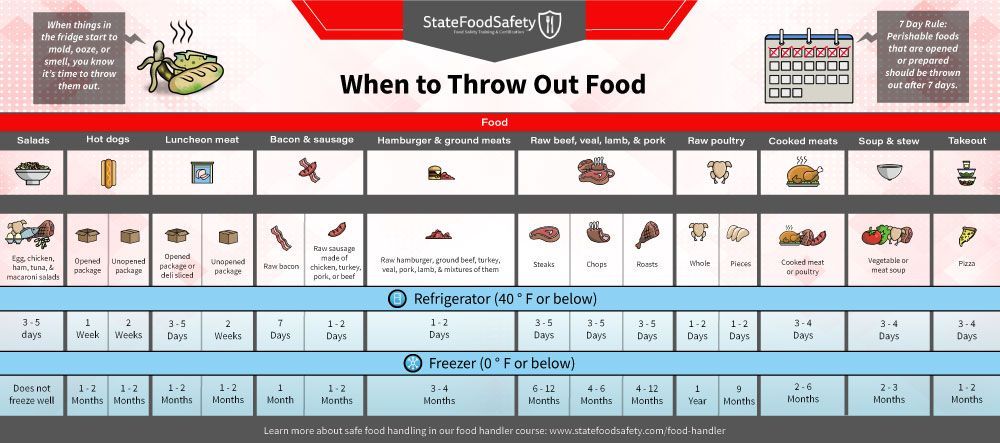 All of the pouches are freezer safe and BPA, PVC, and phthalate free!
All of the pouches are freezer safe and BPA, PVC, and phthalate free!
This environmentally friendly, reusable food pouch can also be used with homemade purees, smoothies, applesauce, yogurt and more. Use the screw top to pour in your child’s favorite snack. Perfect for The secure, screw top prevents leaks and messes. Plus, the Reusable Squeeze Pouch includes a handy clip for attaching to bags and strollers. This silicone pouch is easy to clean, dishwasher safe and BPA, PVC, and phthalate free.
We hope that these freshness guidelines will help you along your homemade baby food journey, keeping your little ones healthy, happy, and safe!
How to store baby food?
Food plays a huge role in the harmonious development of the child. Mothers are usually interested in the selection of the first baby food long before the introduction of complementary foods.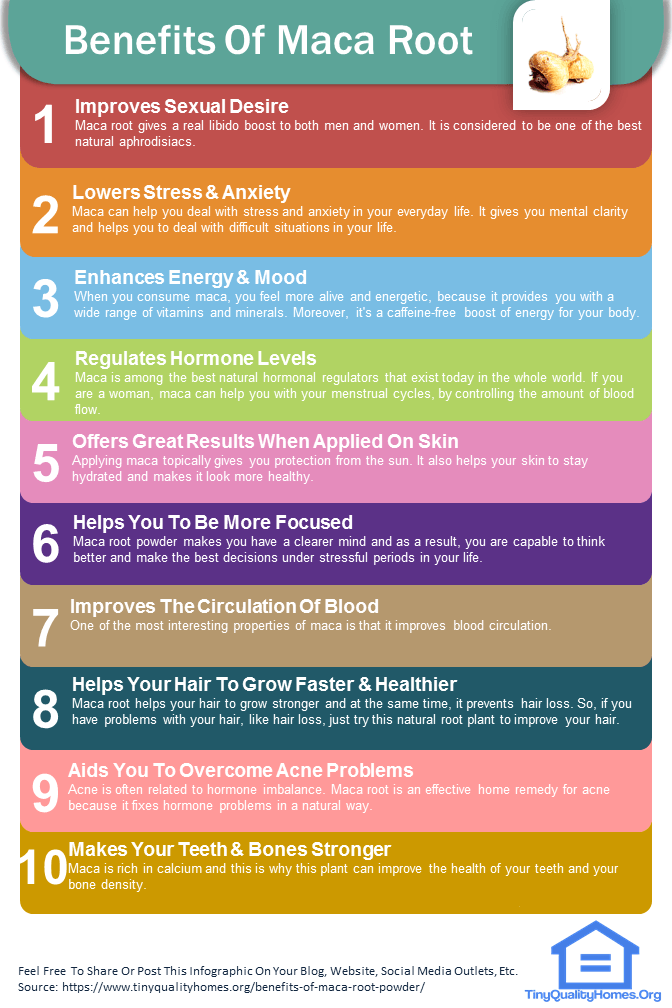 We will devote today's article to the rules for storing baby food.
We will devote today's article to the rules for storing baby food.
We've put together a few hacks to help you figure out how to keep different forms of baby foods fresh.
Prepared baby food storage rules
For those who don't bother with cooking their own complementary foods, things are a little easier. Product features and packaging method dictate the storage rules:
• Dry mixes and cereals are designed for long-term storage provided the packaging is intact. After opening the pack, the shelf life of the product is no more than three weeks. Manufacturers recommend storing cereals and mixtures packaged in jars in their original packaging. If you purchased the product in a cardboard box or in a bag, it is advisable to pour the contents into an airtight container. Food grade plastic boxes are perfect. It is safe to store even baby food in such containers, as they are made of materials that are specially designed to come into contact with food.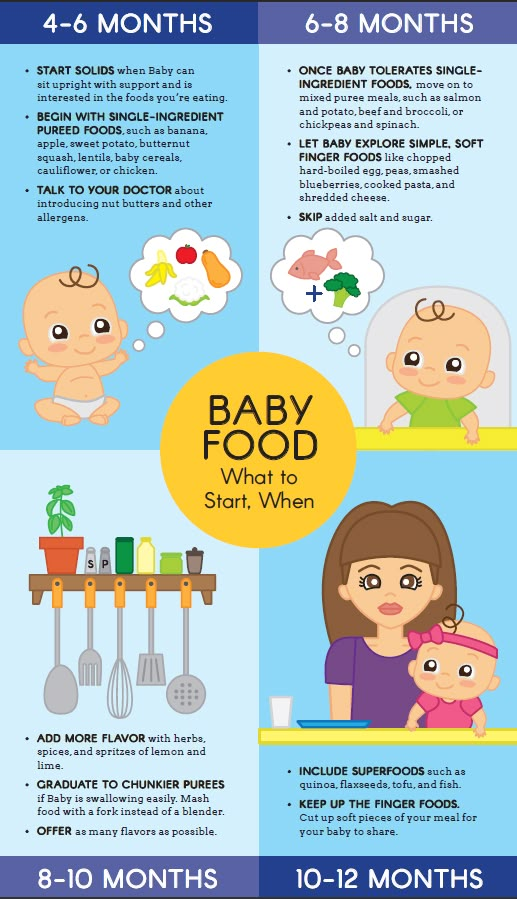 The container itself should be stored in a dark, dry place.
The container itself should be stored in a dark, dry place.
• Liquid and semi-liquid baby food (yogurts, juices, fruit drinks) can be stored for no more than five days from the date of its manufacture. An important storage condition is the temperature from 0 to 5 °C. After opening the package, dairy and sour-milk products should be consumed within a day. Fruit drinks, vegetable and fruit juices can be stored for up to three days.
• Canned food (mashed potatoes, pates, soups, cereals), depending on the composition, has a clearly defined shelf life. To prevent the product from oxidizing, after opening it must be stored in a tightly closed container. Opened baby food should be consumed within 24 hours.
Rules for storing homemade preparations for a children's table
There are two options for homemade preparations - use them immediately, or freeze them .
If we are talking about freezing, then there are several basic rules for the preparation of products:
• Fish products are frozen in a double mill, processed in front into portions of small pieces. Freeze more often in airtight boxes, resistant to low temperatures of the freezer. Meat freezing can be saved for about nine months, and ribna - only three.
Freeze more often in airtight boxes, resistant to low temperatures of the freezer. Meat freezing can be saved for about nine months, and ribna - only three.
• Vegetables and fruits can also be frozen in containers. In the freezer, the stench can lie no more than fate.
Defrost preparations for children's meals only in the refrigerator. Rizke heating can help the product of the greater part of the brown speeches.
Now you know all the secrets of saving a child's meal!
Other statistics
How much and where to store baby food in jars?
Some manufacturers write detailed storage guidelines for closed and unopened baby food packages right on the label. These rules must be observed, even if they differ from the rules for storing similar products from other manufacturers. If there is no detailed instruction, use the following recommendations.
Once again, we remind you that even unopened packaging must be stored in a dark, cool place. At temperatures above +25°C, products may deteriorate even in their original packaging.
At temperatures above +25°C, products may deteriorate even in their original packaging.
Porridges for dilution:
- The main enemy of dry mixes and porridges is moisture. Therefore, always make sure that the spoon for the porridge set is absolutely dry, and the bag itself is tightly closed after use;
- Try to release as much excess air as possible before closing, so that moisture from it is not absorbed into the product;
- Keep an open bag of porridge in a dry place at room temperature. There is no need to store cereals in the refrigerator, they quickly become damp and spoil there;
- Ready diluted porridge can be stored for no more than an hour or two. An opened package can be stored for 2-3 weeks (see manufacturer's instructions). But if after a few days you notice that the powder has become damp, lumps are noticeable in it - throw it away. Even if the product looks normal, but was opened more than three weeks ago, it is dangerous to feed it to a child.
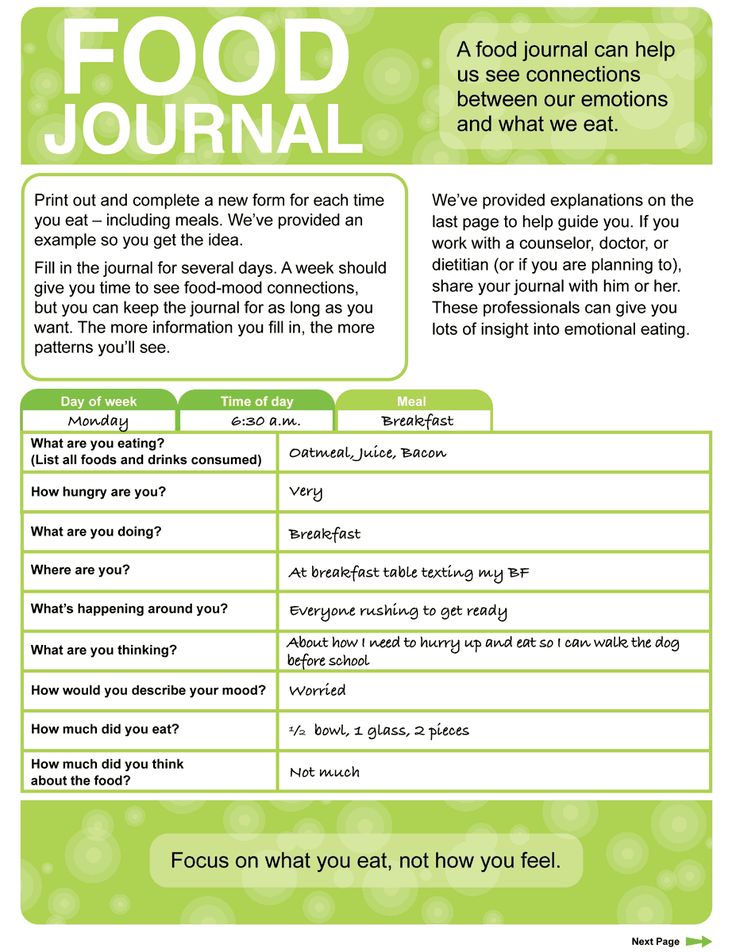 You can use leftovers in adult homemade cakes.
You can use leftovers in adult homemade cakes.
Choose cereals for your baby
Industrial purees
An unopened can can be stored at room temperature in a dark place. An opened jar of fruit and vegetable puree will live in the refrigerator for no more than a day, and only if you follow simple rules.
Select baby puree
Do not bottle feed your baby. Put the desired portion with a clean spoon into a separate container, close the jar with the rest and put it in the refrigerator. Reheat reserved food if necessary. You don't need to heat the whole jar.
If you fed your baby directly from a jar, the shelf life of such puree is only a few hours even in the refrigerator, since the baby's saliva and bacteria got into the food on the spoon.
Important!
The shelf life of meat puree after opening is only 24 hours, subject to the same rules. If you bought puree in a metal package, be sure to transfer it to a clean, dry jar and close the lid.